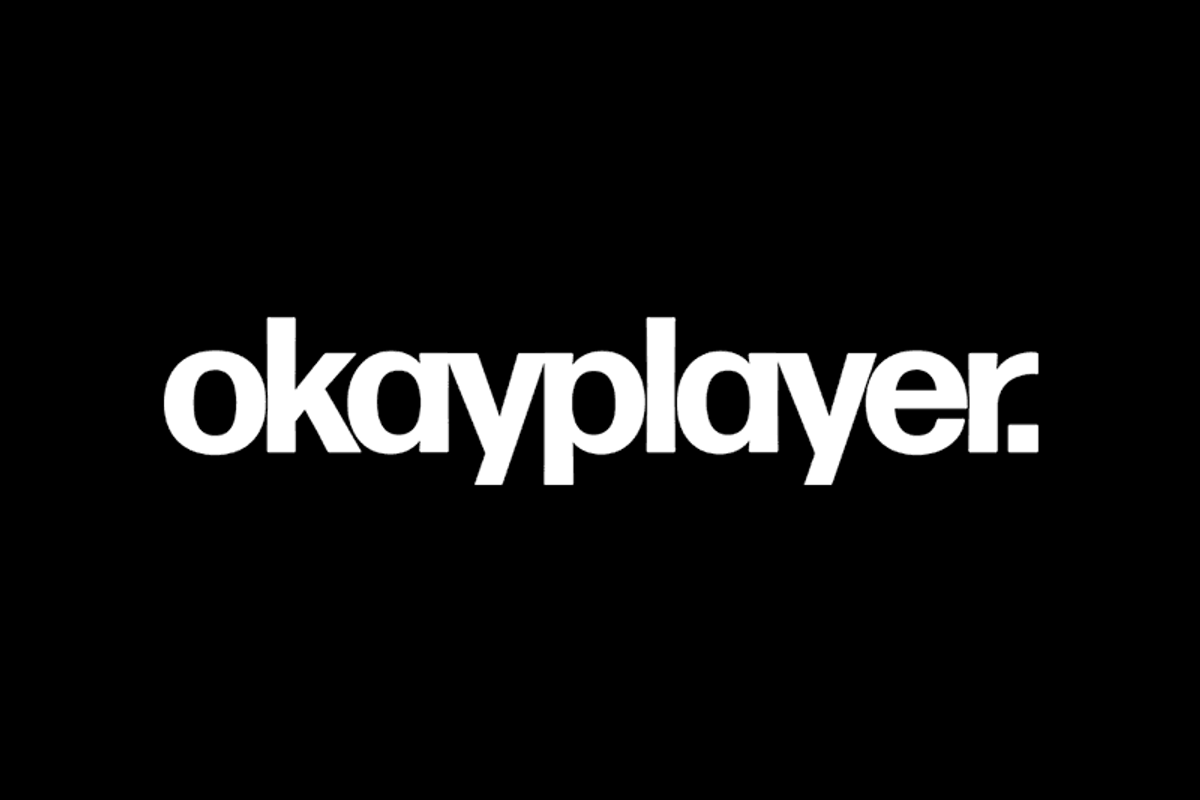
Ramsey Orta, Man Who Videotaped Eric Garner's Death, Headed To Prison


Rest In Peace Eric Garner
Two years after Eric Garner's death, we’ve learned what we already knew: the smallest of offenses can lead to death by police, video footage isn’t as powerful as we think it is and attempting to hold officers accountable can ruin your life.
In the time since Eric Garner was killed by NYPD, multitudes of young black men, women and child have been affected by the actions of police in this country. We have become aware of the circumstances that takes place when a person of color is involved with the law in even the most seemingly smallest exchanges. After being approached by officers in Staten Island under suspicion of selling loose untaxed cigarettes, he was grabbed by a total of six officers, with one of them applying a banned chokehold from behind. After repeated cries of “I Can’t Breathe,” he was pronounced dead at the hospital an hour after the altercation.
People of color are used to being harassed and assaulted by the police without those officers being held accountable, but the Garner case had many people cautiously optimistic: video footage clearly showed that the officers were using excessive force, and that his cries for help weren’t acknowledged. We won’t have true justice until such incidents stop altogether, but it looked like we could hopefully get the next best thing: accountability through a trial, conviction and sentencing.
But of course, the system did exactly what it’s designed to do: protect the police. A grand jury refused to indict the officer who killed Garner.
People of color had already been pushing so hard for required body cameras of police after the death of Michael Brown, the type of footage we thought would be a game changer was inconsequential. The video didn’t matter at all when it came to seeking accountability for Garner’s death.
And we’ve seen further proof that even the most menial of offenses can lead to a potentially fatal interaction with police. Just a couple weeks ago, 37-year-old Alton Sterlingwas selling CDs outside of a convenience store before was killed by police. A recent video by Mic puts it most poignantly: simply being black in America puts your life at risk by law enforcement.
Meanwhile, Ramsey Orta, the man who videotaped the incident, has accused the NYPD of targeting him. He was arrested several times after recording the video, and just a week before the anniversary of Garner’s death, he told the New York Daily News that he was pleading guilty to weapons and drugs charges. He may serve four years in prison.
“I’m pretty much tired of fighting,” Orta said.
As footage surfaces of police shootings and aftermath of Alton Sterling, Philando Castile, and others, the video barely even feels like evidence that can help a case anymore. These days, the constant video footage of police shootings and harassment just feels like a way to continue to agitate and exploit black pain. It is continued exposure to traumatic experiences that will seemingly always go unpunished.
For every step forward, there seems to be another step backward. A recent town hall meeting with President Barack Obamafailed to break any new ground on the issue, and shootings that have killed officers in Dallas and Baton Rouge may further perpetuate the false narrative of black people as violent. But the footage of the killings of Sterling and Castile have seemed to convert some people who have previously denied the abundance of excessive force by police; politicians are beginning to open up about their experiences; and celebrities are speaking up more defiantly against police brutality than they have in years. And young activists are continuously building, learning and fighting.
It feels unrealistic to be optimistic about the demise of the practices that killed Eric Garner two years ago; but activists and protesters didn't stop fighting then, and they won't now.